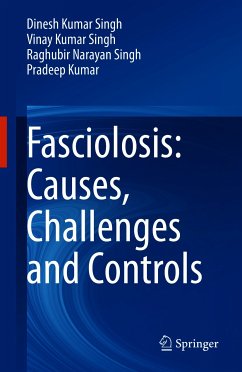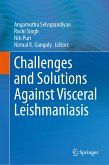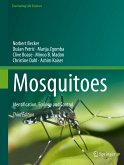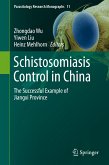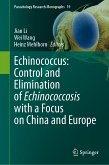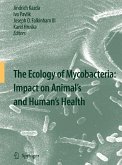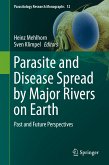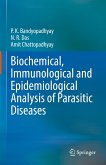It first offers a brief overview of the history of the disease, the genetic diversity of the parasite and its distribution, and the ecology of the vector snail, which belongs to the Lymnaeidae/Planorbidae family. It also examines the current strategies and novel approaches for controlling the parasite, diagnosing infections and vaccine development.
Importantly, it highlights issues relating to the control of fasciolosis, including drug resistance, lack of effective diagnostics, and the parasite's long-term survival strategies based on regulation and modulation of the host immune system.
Lastly, it discusses the novel control snail vectors using bait formulations, and synergetic and phototherapy treatment with chlorophyllin, which does not kill the vector.
Dieser Download kann aus rechtlichen Gründen nur mit Rechnungsadresse in A, B, BG, CY, CZ, D, DK, EW, E, FIN, F, GR, HR, H, IRL, I, LT, L, LR, M, NL, PL, P, R, S, SLO, SK ausgeliefert werden.

